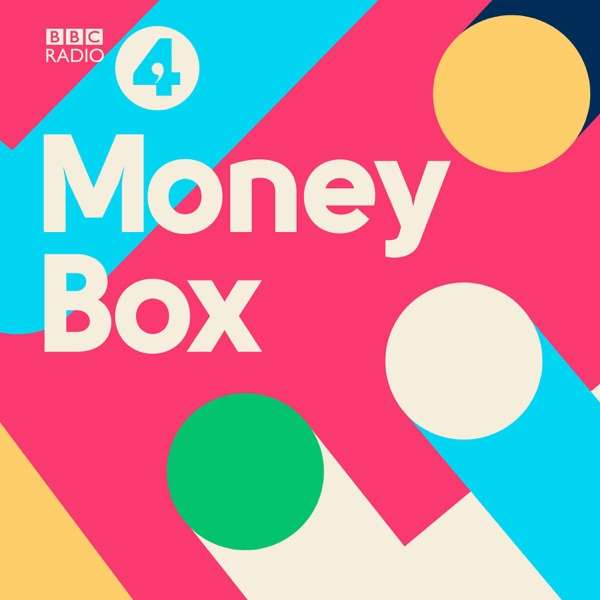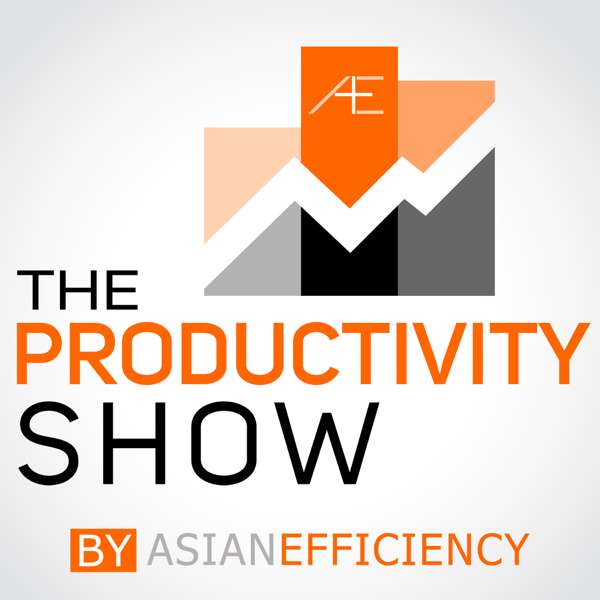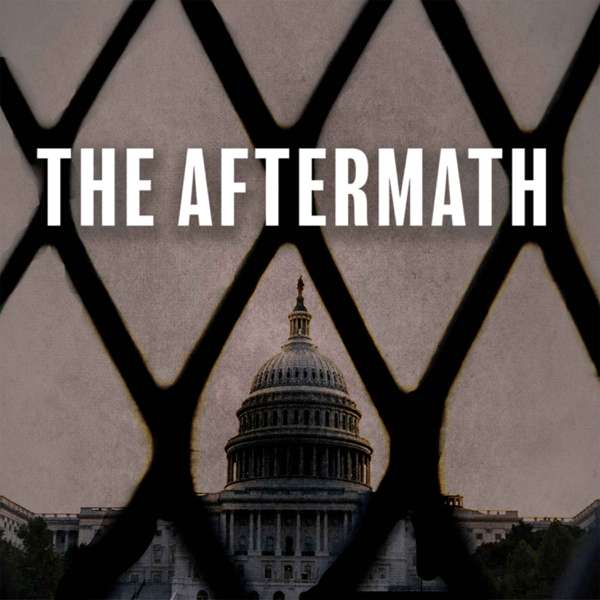Russ Vought, Director of the Office of Management and Budget, remains at the center of Washington’s largest controversies as the 2025 government shutdown—now among the longest in U.S. history—enters its third straight week with no resolution in sight. Vought, widely seen as a key architect of President Donald Trump’s second-term administrative agenda, has steered some of the most consequential federal actions in recent days, triggering legal battles, political pushback, and genuine uncertainty for thousands of federal employees.
On October 1, Vought met with President Trump to map out aggressive federal layoffs, originally targeting over 4,100 workers in departments perceived as aligned with Democratic priorities, according to multiple reports from the Los Angeles Times and Bloomberg. The plan quickly expanded, with Vought stating on The Charlie Kirk Show that the total number of layoffs could eventually climb beyond 10,000. He described the shutdown as an opportunity to be “very aggressive where we can be in shuttering the bureaucracy, not just the funding,” and argued these cuts would help realign the federal government with the administration’s priorities. Critics have labeled this approach as politically motivated retribution, particularly after Trump publicly celebrated the targeting of what he called “Democrat agencies.”
In response, the American Federation of Government Employees and the American Federation of State, County and Municipal Employees sued the administration, leading to a dramatic court hearing in San Francisco. On October 15, U.S. District Judge Susan Illston issued a temporary restraining order that halted further layoffs of unionized federal workers tied to the shutdown, pointing to a lack of clear legal justification and accusing the administration of acting before thinking through the consequences. According to the Los Angeles Times, Judge Illston demanded the government provide a detailed account of any pending or imminent layoffs, and scheduled a fuller hearing for late October to consider a more permanent injunction.
Amid this turmoil, Vought announced on Friday, October 17, that the administration would immediately pause over 11 billion dollars in Army Corps of Engineers projects, including major infrastructure initiatives in New York, San Francisco, Boston, and Baltimore. The Boston Globe reports that the pause could threaten the replacement of two aging Cape Cod bridges in Massachusetts, prompting swift rebukes from local and state leaders. Vought attributed the funding freeze to the ongoing Democratic shutdown, arguing that it had drained the Corps’ ability to manage these projects. However, Massachusetts officials insist the Cape Cod bridges project remains funded and legally approved by Congress.
Vought’s actions have intensified partisan tensions, with Democrats accusing the administration of weaponizing the shutdown to punish blue states and agencies, while Republicans maintain the funding dispute is driven by Democratic demands to expand healthcare subsidies. At a White House press conference, Trump doubled down, saying his team was paying “the federal employees we want paid” and using the shutdown to terminate workers and projects linked to Democratic initiatives.
The situation remains fluid, with layoffs affecting critical sectors like health, education, and even special education programs. Federal workers face heightened anxiety not only about missed paychecks but also about whether their jobs will still exist if and when the government reopens. With legal and political battles raging and the shutdown showing no signs of ending, Russ Vought’s role as the administration’s budget enforcer is more visible—and more controversial—than ever.
Thank you for tuning in. For more updates, please subscribe. This has been a quiet please production, for more check out quiet please dot ai.
For more http://www.quietplease.ai
Get the best deals https://amzn.to/3ODvOta
This content was created in partnership and with the help of Artificial Intelligence AI

 Our TOPPODCAST Picks
Our TOPPODCAST Picks  Stay Connected
Stay Connected







